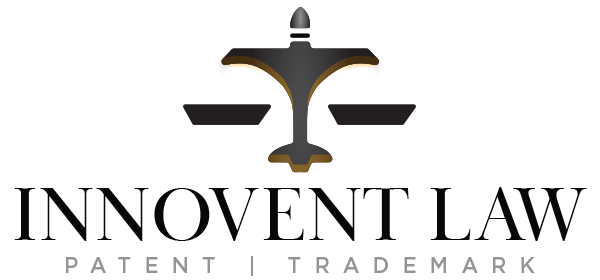Employees & Patents
When an employee invents something new and wants to leave his employer and start his or her own company, a few legal questions arise. To help break down this topic, I collaborated with my trusted employment lawyer and colleague Branigan Robertson. He examines the question from an employment law perspective. Branigan also has a great YouTube channel and blog that will answer any employment law questions you may have. If you are thinking of starting your own company, I highly recommend that you watch this video!
Say you created an invention while employed at your company, and you decide that you want to leave your company and take your invention with you. Since you technically are the inventor and made the invention, you should be free to leave the company with the rights to the invention in hand? Unfortunately, it’s not that simple.
When it comes to employee inventions, the legal ramifications can be quite extensive. They involve several different aspects of intellectual property and employment law you need to be aware of before making your decision.
Before digging deeper into the intellectual property laws surrounding this, let’s take a step back to and take a closer look at what a patent is. If you’re currently an employee and have a patent that names you as the inventor, and want to start a new company using your invention, you need to make sure that you comply with your state’s employment laws.
What’s a Patent?
A patent is a right given to owner to prevent others from making, selling or using your invention. The main advantage of having a patent is to maintain a competitive edge in your particular market.
Coming up with an invention while working for a company
By default, inventors own the patent unless their rights have been assigned to someone else. Most employers have a clause in their employment agreement that states that anything an employer comes up with while working for a company belongs to the employer.
If your invention relates to the business of your employer
If you’ve come up with an invention while working for a company, and your invention relates to your company’s business (eg. you work for a car manufacturer and invented a new car seating device), verify your employment agreement in order to determine whether your invention is owned by you or your employer. Chances are, your invention belongs to your employer, but it is always good to ensure what your invention rights are prior to making any decision regarding its use.
If your invention does not relate to your employer’s industry
If your invention does not relate to what your employer does, make sure to keep your invention separate from your work. Do not work on your invention at work or use any of your employer’s devices (i.e. computers, printers, 3-D printers, internet). Otherwise, your employer may have a stake in your invention.
How much should an employer pay her employees for patents?
Is your company obligated to pay you for a new invention or patent if you invent something related to their business? The short answer is no. Your employer doesn’t have to pay you anything if you created your invention under their roof and using their resources. At my previous employer, inventors would get a $1 nominal fee, but employers are under no obligation to do so.
Interested in learning more about how to secure your intellectual property?
Schedule a free discovery call with our team today.
Innovent Law helps innovators protect, maintain and defend patent, trademark, copyright, and other intellectual property rights in the United States and around the world.
